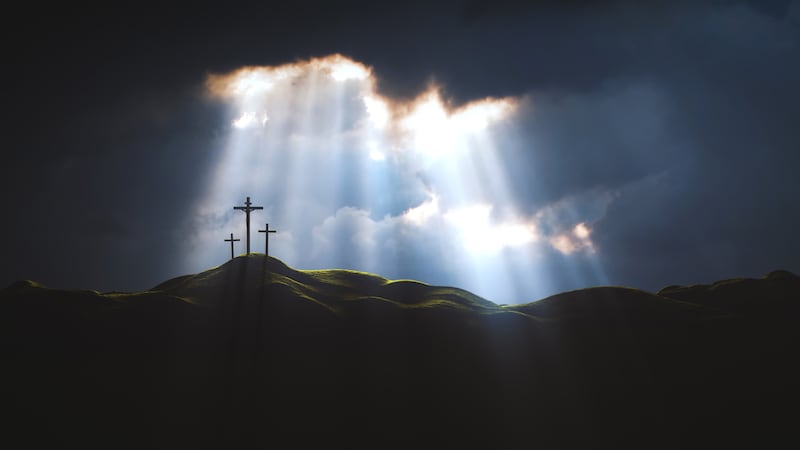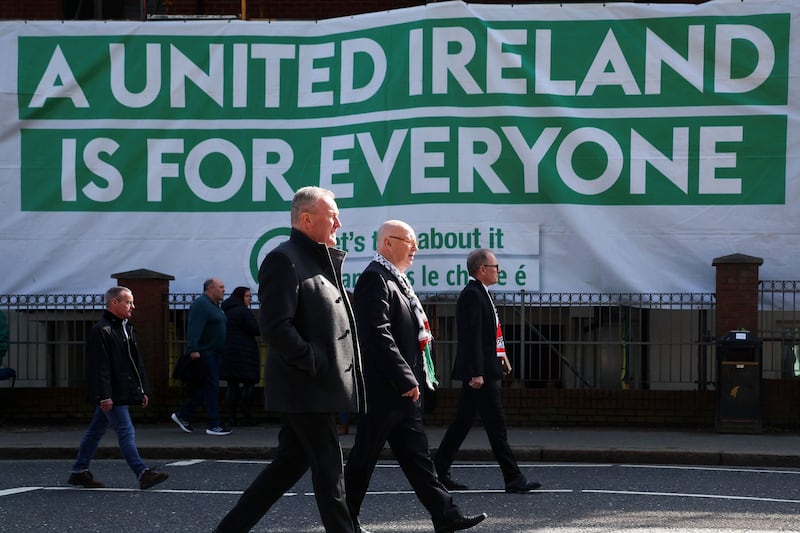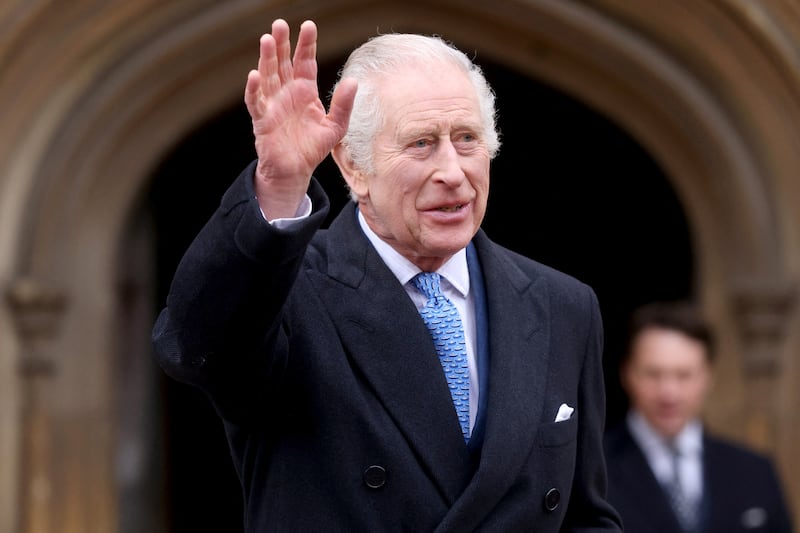The tension between ‘this-worldliness’ and ‘unworldliness’ or ‘other-worldliness’ is at least as old as Christianity itself. Certainly, it is unmistakably present in the New Testament. And in the thought of arguably the most influential of ancient Greek thinkers, Plato (427-347 BC), it is a preeminent characteristic.
So much so, indeed, that Christianity itself was described by its most virulent modern critic, Friedrich Nietzsche (1844-1900), as “Platonism for the people” - a jibe perhaps sparked by a saying of another influential German philosopher, Arthur Schopenhauer (1788-1860), who saw religion, albeit more benignly than his younger contemporary, as “folk metaphysics”.
Be that as it may, Christianity undoubtedly emphasises the distinction between ‘this world’ and God, often by contrasting earthly life with eternal life. The First Letter of John (2:15-17) offers a memorable statement of the distinction at issue.
It is clearly a non-negotiable distinction, but it is also one that could be easily misunderstood. For it could lead some to conclude that the world as such is bad, and that only ‘eternal life’ is good. But that would surely be a false conclusion to draw from the real distinction Christianity sees between God and the world.
Christian faith teaches, rather, that God created the world and found his creation good, indeed very good. And Christianity also teaches us that God sent his son into the world, not to condemn the world but to redeem and save it.
However, none of this removes the distinction between God and the world. God, in other words, is not the world, nor can the world be called ‘God’.
The dark side of the world and of its history is a stark indication, though not the only one, of the distinction between God and us, or of the distinction between God’s eternity and the world of time that we live in.
Yet when we think of eternity, we probably tend to focus on what awaits us after death. At funerals, for example, and on many memory cards of the deceased, there is often mention of the deceased person’s entry into eternity or eternal life at the moment of death.
In the resurrection of Jesus Christ God has absorbed and transfigured whatever could disfigure his creation, including death itself
But it shouldn’t be forgotten that there is another eternity, so to speak. And that other eternity is the eternity that lies behind us, behind or before our own birth, and that must also lie behind the creation of the whole world, and indeed must underlie the world at every moment of its existence.
So, when we think of eternal life, it is surely important not only to think about our future encounter with eternal life at the moment of death, but also to try to be aware of the eternal life from which we have all emerged and which always surrounds us.
Out of this eternal life, God made life on this earth possible for us and he has, faith teaches, implanted in us a desire for him as we go through this world: that is presumably at least part of what is meant by saying that God sustains creation at all times. And God can be trusted to finish what he has started and to bring it to a good end. If we believe God wants to do so, then we can also believe that he can and will do so.
For that reason, we don’t have to look forward to the eternity that lies beyond our death with anxiety or fear. We can, rather, look forward to it with confidence, because the eternity we are heading towards is the same eternity as the one we came from and that continues to sustain us on this earth.
But whether or not we can look forward with confidence to spending eternity with God would seem to depend on the answer we give to another ultimate question. And this is simply the question whether or not we believe that the eternity out of which we came in the first place, the eternity that sustains us in our passage through life, is good and hence to be rejoiced in. Or whether, rather, we lament the fact that we were ever born and regret the dawn of each new day that finds us still here on this earth.
The message of Easter is Christianity’s answer to this dark and troubling question: Easter proclaims that life is fundamentally good, not some kind of divine blunder. And it is fundamentally good because, we believe, in the resurrection of Jesus Christ God has absorbed and transfigured whatever could disfigure his creation, including death itself.
The resurrection is in a way God’s seal of approval on his work of creation, the sign that we weren’t created in vain, but created ultimately so as to be able to live in peace with God for all eternity. To the eyes of faith, in our beginning is our end.








